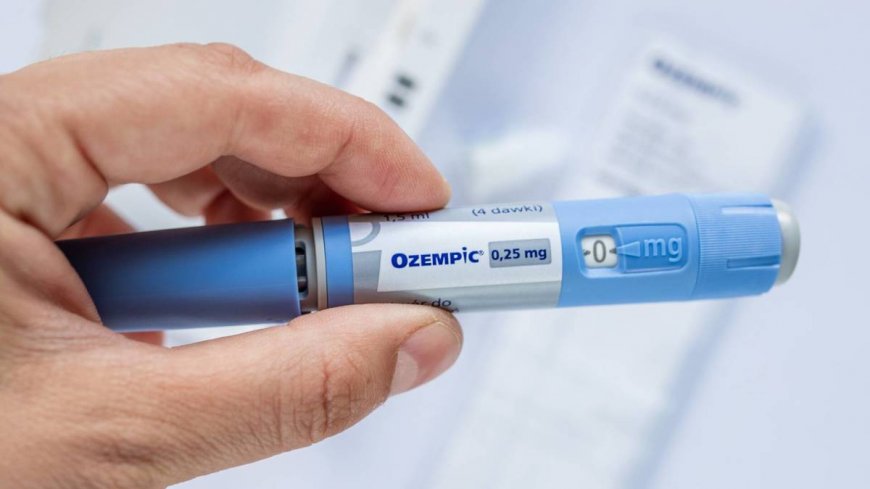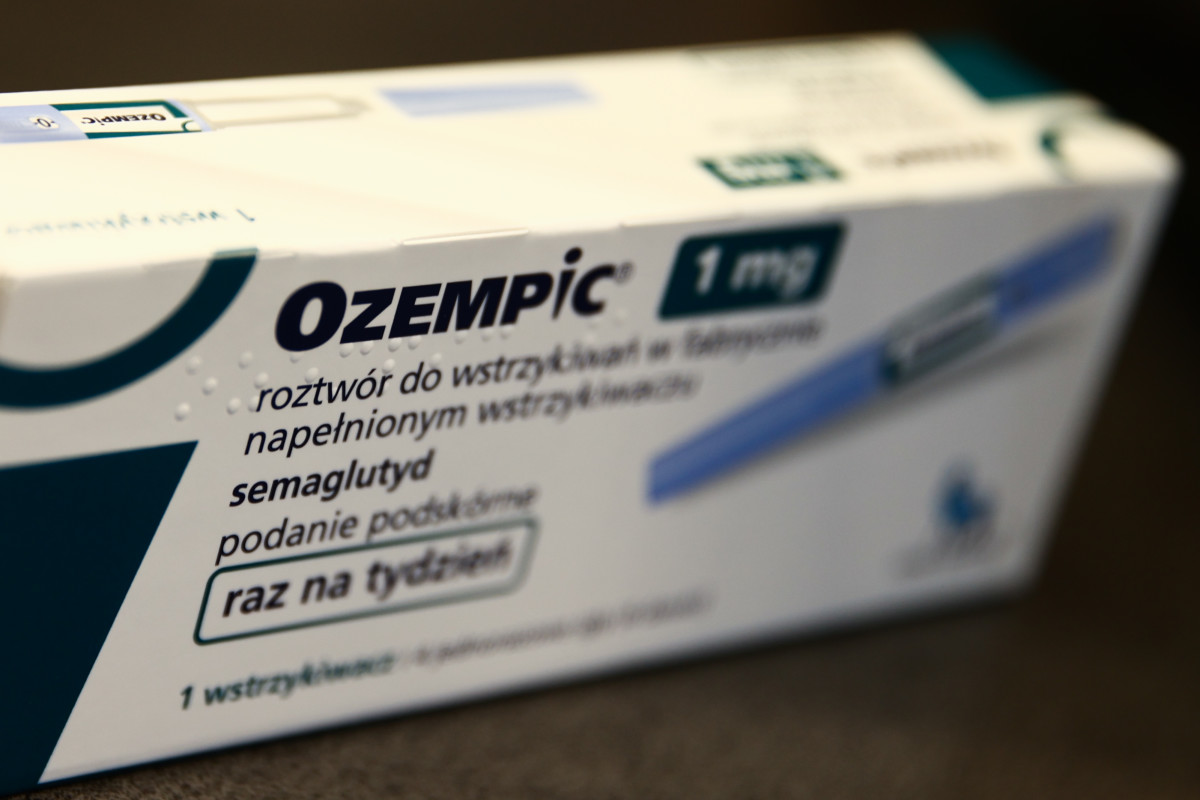Ozempic manufacturer stock rises as concerns cause controversy
A Harvard Medical School doctor discusses the downside of a drug that goes viral.

A drug aimed at combating diabetes and other health hazards has a side effect that is proving to have an enormous appeal.
As the concept of losing weight by simply ingesting medicine sinks in for people trying to lose pounds and get physically fit, a debate about who is getting it and how much it costs is taking center stage.
Related: Here's the type of medication most likely to be confiscated before a flight
Denmark's Novo Nordisk (NVO) , the company that makes Ozempic and other pharmaceutical products such as Wegovy, saw its shares jump 10% from $125.25 on March 7 to $137.80 on March 8.
But there is a debate taking hold about how Ozempic is being distributed. It has experienced a shortage due to increased demand.
It turns out that the drug's high popularity is based on its weight-loss effects, and that fact is harmful to people who need it for more important health reasons than those perceived by many to be about vanity.
For those who qualify for insurance coverage, Ozempic can cost as little as $25 per month. Without insurance, the drug's cost of near $900 per month presents people without the means to afford it a considerable obstacle.
A Harvard doctor issues a warning about Ozempic
Robert Shmerling, a doctor who writes about health for Harvard Health Publishing, commented recently about how the weight-loss side effect of Ozempic as a selling point has triggered a problem.
"The current shortage of semaglutide (Ozempic), an important diabetes drug, has an unusual origin: Too many people without diabetes are taking it," he wrote.
Shmerling notes that advertising around Ozempic promotes weight-loss as a feature, not as a side-effect for people who people with diabetes.
"Ads for Ozempic didn't list it with the other possible side effects; instead, it was featured as a benefit," he wrote. "The Ozempic 'Tri-Zone' (a phrase concocted by marketers, not medical experts) promised improved blood sugar control, lower cardiovascular risk, and weight loss."
"At the bottom of the ad, fine print that's easy to miss states: 'Ozempic is not a weight loss drug.' Talk about mixed messages!" he wrote.
Social media has played a role
Shmerling asserted that social media has instigated the popularity of the weight-loss drugs.
Soon after the approval of Wegovy, celebrities and social media influencers began taking it and sharing glowing weight loss experiences. What's more, medicines approved for specific uses in the U.S. can be prescribed off-label for any use: Up to 38% of all prescriptions written in the US are off-label. So, it's likely some of the viral run on Wegovy was fueled by people who wanted to lose weight but had no medical reason to take it.
After high demand put Wegovy in short supply, many turned to Ozempic to lose weight. And that contributed to a shortage of Ozempic, threatening the health of people with type 2 diabetes who rely on the drug.
Shmerling has advice for people about understanding these priorities. And that involves ignoring advertisements that sell medications as easy weight-loss solutions.
"Drug ads often urge you to ask your doctor if a treatment is right for you," he wrote. "But we already know a key piece of the answer for Ozempic: If you don't have diabetes, don't ask for a diabetes medicine to help with weight loss ... If your weight is already in a healthy range, it's not a good idea to take a medication to become thinner."
"Finally, to keep vitally important medicines available for those who need them most, health care professionals must prescribe them responsibly," Shmerling added. "Responsible requests by their patients could help."
Related: Veteran fund manager picks favorite stocks for 2024
The author of this story owns shares of Novo Nordisk.
What's Your Reaction?



























































